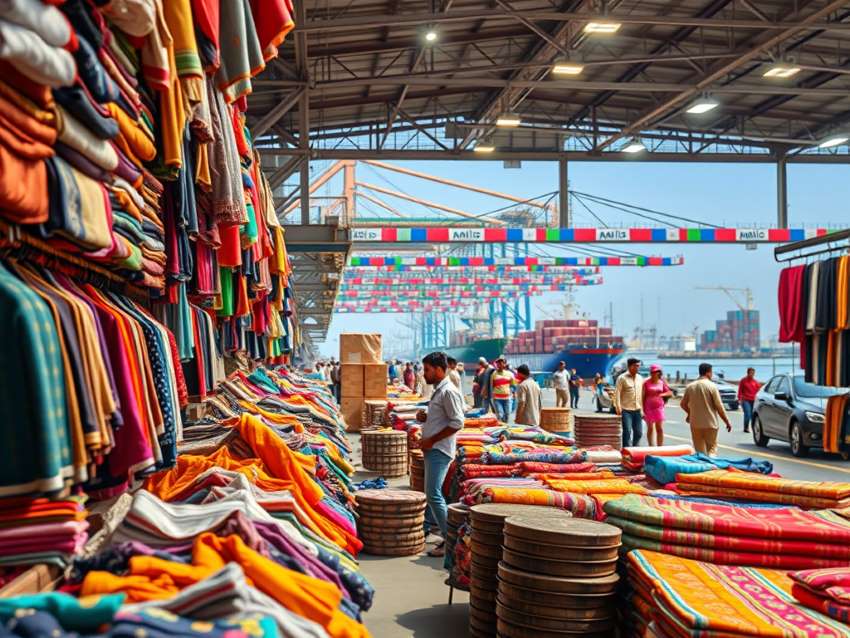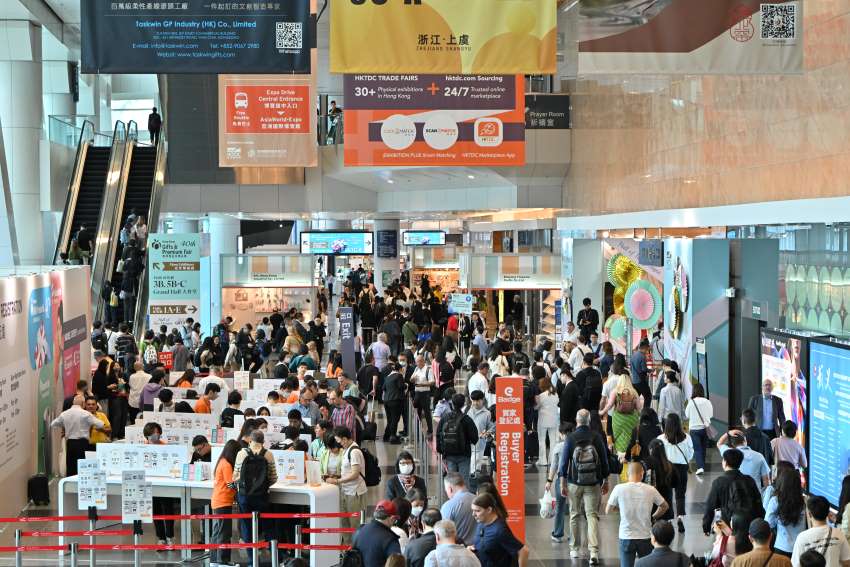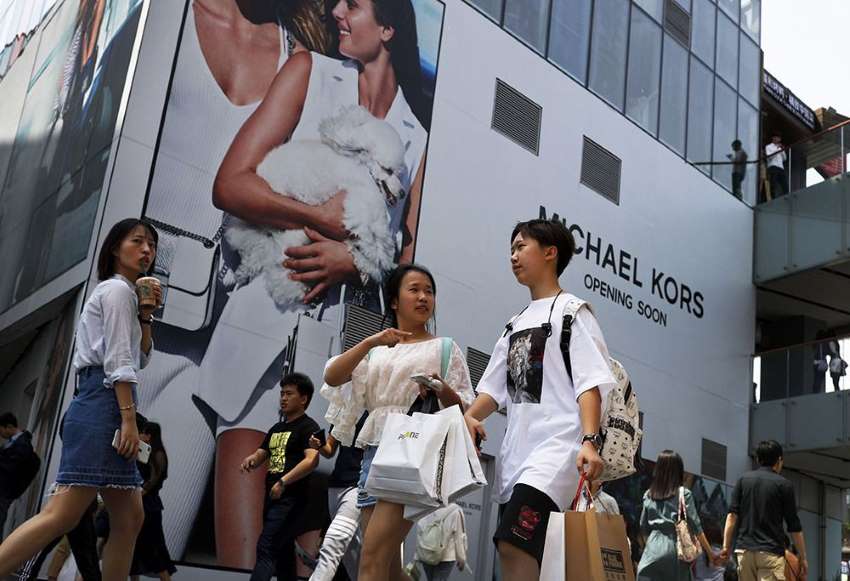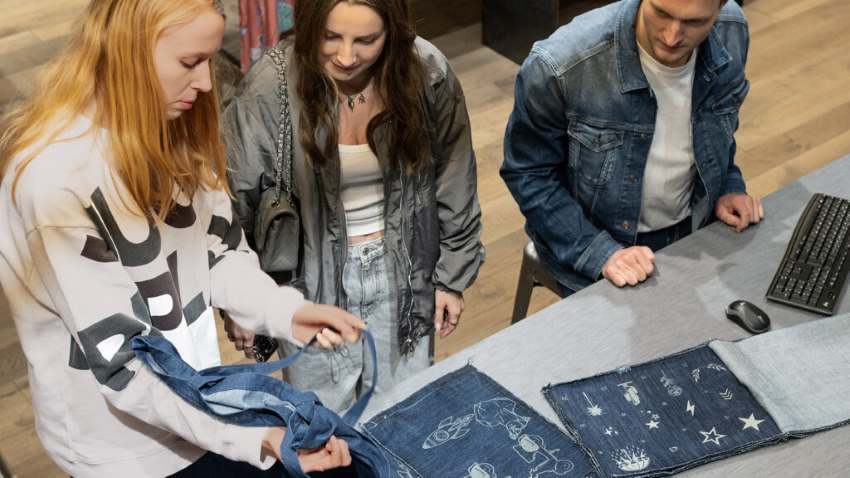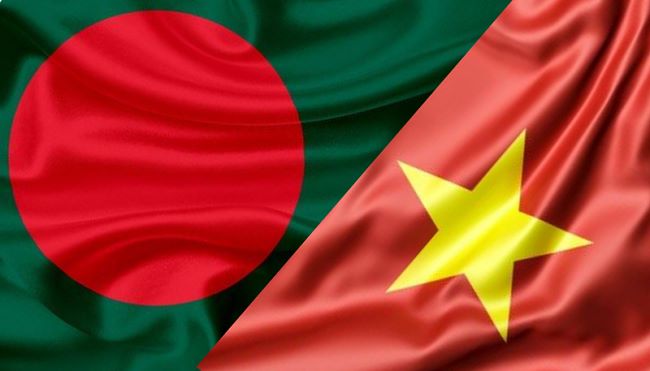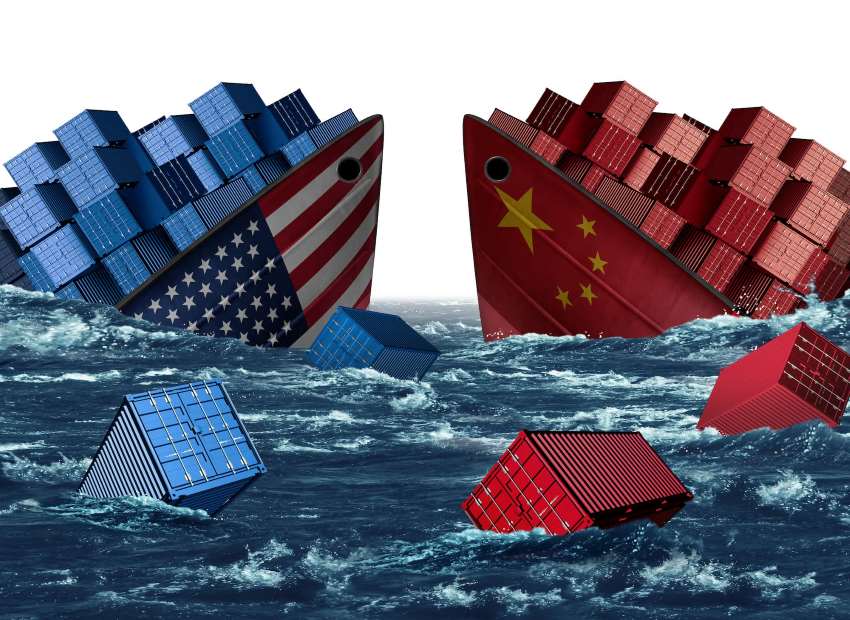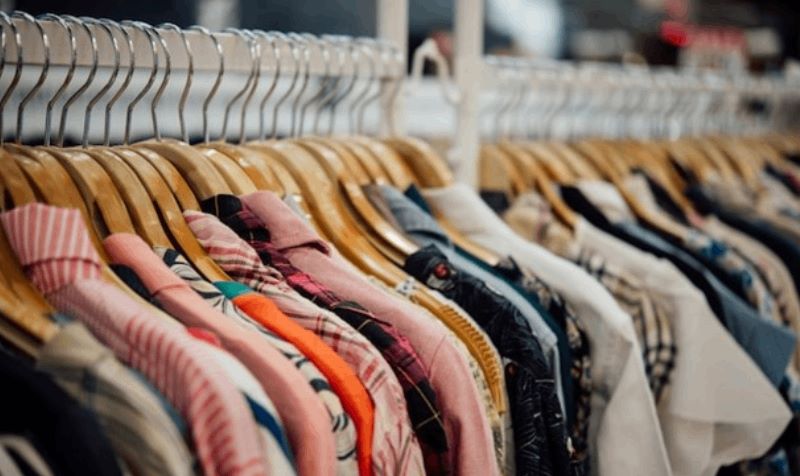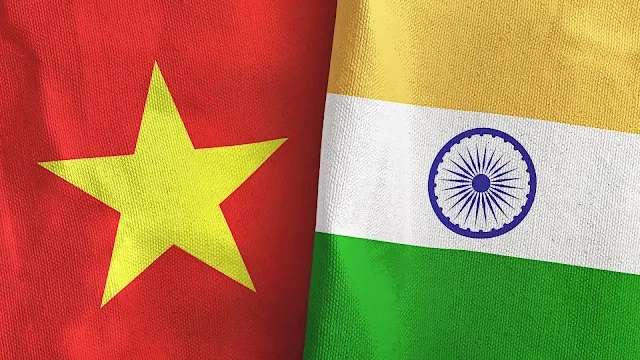FW
Pakistan’s textile industry is hit by the government’s taxing structure and surcharge policy, making the industry environment uncompetitive for Pakistani textile manufacturers and traders.
A recent study by All Pakistan Textile Mills Association (APTMA) revealed the 5 per cent tax and surcharge are two major reasons for the industry being uncompetitive . On the other hand, the Indian counterparts enjoy a tax-holiday on textile products export and taxes in Bangladesh and China are close to one per cent only.
Quoting the World Trade Organisation, the study observed that from 2006 to 2014 the textile and apparel industry in Pakistan registered only 18 per cent growth while Bangladesh, China and India registered 175 per cent, 107 per cent and 96 per cent respectively in the same period. Energy tariff, under-utilization of power generation capacity and shortage of energy are cited as the other irritants for the growth of the industry in the study. Pakistan’s textile export rose to $13.8 billion in 2010-11 and maintained its momentum till 2013-14 but, it declined to $13.5 billion in 2014-15.
Meanwhile, the textiles ministry of Pakistan aims to double value-addition to $2 billion, which will enhance the annual exports to $26 during the next five years. In order to create eight million value chains the APTMA is targetting $20 billion worth of textile exports by 2018. To achieve this, the organization sought immediate withdrawal of surcharges on gas and electricity along with the reduction of corporate tax rate to 25 per cent and turnover tax to 0.5 per cent.
Bangladesh’s apparel exports to the US may be affected by Walmart’s decision to trim its store count. The US imports readymade garments worth $5 billion annually from Bangladesh and Walmart alone accounts for 20 per cent of this. Bangladesh exported 1,720 million sq. mt. of clothes worth in the January-November period of last calendar year to the US.
Meanwhile Walmart has decided to close down 269 stores in the US and across the globe under its cost-cutting move. A review of the company’s portfolio is underway to ensure assets are aligned with strategy.
Walmart has some 11,600 worldwide stores and their financial performance is being assessed. It says it’s actively managing its portfolio of assets to maintain healthy business. On the other hand, the company is committed to growing. It says it will open more than 300 stores around the world next year.
Though the impact of Walmart's cost-cutting measure would not be felt immediately, Bangladesh garment makers feel prices for their products might decline further. Walmart may not minimise orders from Bangladesh immediately but the annual growth might remain static for Bangladesh’s products.
Walmart has 200 factories in Bangladesh. It is a founding member of the Alliance for Bangladesh Worker Safety comprising 26 North American retailers and suppliers.
www.walmart.com/
The readymade garment sector in Bangladesh will explore newer markets across the world to give a boost to the country's exports. Garment villages are being set up. Private banks have been asked to provide loans at a relatively lower rate of interest. However, one problem the sector is facing right is that imported raw materials are held up at customs. The delay in delivery of deliver of raw materials through air cargo is disrupting the supply chain of the export oriented sector. Garment manufacturers and exporters want import consignments to be released as soon as possible.
Manufacturers say clearing agents are being denied entry into airports for reasons of security. Apparel exporters in Bangladesh have to import many accessories including price and security tags selected by buyers and raw materials such as fabrics and product samples for completing export orders. But now exporters are facing difficulties in getting their required imported consignments. In some cases, it takes more than two weeks compared to a single day needed previously.
Foreign-owned garment factories in Bangladesh can import raw materials without paying duties if they follow the country’s wage structure, only export goods to countries where the investment is made, and remain outside the export processing zones.
"Global uncertainty, slowing demand, currency fluctuations are some of the factors pushing industries to think of ways to remain competitive. The focus of the Première Vision New York and Milano Unica New York will be on the growing demand for the Made in USA. According to Guglielmo Olearo, International Exhibits Director at Première Vision, while American brands are sourcing more from Europe because of the price benefit, consumer demand is not quite upbeat. The year 2016, he feels, will be a year of uncertainty with rising geopolitical tensions like Cold War between Turkey and Russia."

Days when trade fairs were only organised for exhibitors and visitors to showcase and understand forthcoming fashion, fabric trends are passé. Today, with numerous issues like economic slowdown, shifting production and trade dynamics and awareness about creating sustainable supply chain confronting the industry, fair organisers are roping in stalwarts during the fair days to deliberate on these topics.

In fact, the trade fairs being organised this month in New York, like Première Vision, Texworld USA and Milano Unica, for instance, will witness industry experts discuss topics such as future of emerging global production trends, low demand, raw material scenario as well as new product development, among others.
Premiere Vision, Milano Unica to focus on issues
Global uncertainty, slowing demand, currency fluctuations are some of the factors pushing industries to think of ways to remain competitive. The focus of the Première Vision New York and Milano Unica New York will be on the growing demand for the Made in USA.
According to Guglielmo Olearo, International Exhibits Director at Première Vision, while American brands are sourcing more from Europe because of the price benefit, consumer demand is not quite upbeat. The year 2016, he feels, will be a year of uncertainty with rising geopolitical tensions like Cold War between Turkey and Russia.
For Ercole Botto Poala, President of Milano Unica, the US is emerging as a potential and strong market for the Italian companies because of the quality and price these players are able to offer. While Milano Unica will be held at the Jacob Javits Convention Center’s River Pavilion from January 24 to 26, 2016, Premiere Vision will host the show on January 19 and 20, 2016. And Texworld USA, with a focus on new fibre innovations and sustainability returns to the Javits Center from January 24 to 26, 2016 featuring 331 exhibitors representing 15 countries.
Seminars, workshops highlight at events
With 353 exhibitors compared to 296 last January, Premiere Vision will also have a dedicated ‘Made in New York’ area supported by the city of New York and the Council of Fashion Designers of America focusing on local manufacturing and industry. Bob Bland, CEO of Manufacture New York, will discuss “Urban Manufacturing for the 21st Century: Global Problems, Local Solutions” at the show.
Texworld will have exhibitors from the US, China, Peru, Portugal, the U.K., Colombia, Pakistan, South Korea, Japan and India along with dedicated country pavilions from Taiwan and Turkey. With several US yarn and fabric companies present at the fair, the fair will also have a panel discussion as part of the Lenzing Seminar Series on ‘Made in NYC’ in which Bland will join Erin Kent, programs manager at the CFDA, and Tina Schenk, owner and founder of Werkstatt to discuss resources that can assist companies make their lines in the city.
Sustainability will be another focus area at two of the Texworld talks. At ‘Designed with Sustainability in Mind’, Issac Nichelson, Chief Sustainability Marketing Officer at Recover Tex; Jerker Ligthart, Senior Chemical Engineer at Chemsec, and Lewis Perkins, Interim President at Cradle to Cradle, will discuss how to integrate sustainability into a collection, from conception to finished garment to a second life.
In ‘Latest on Standards and Sustainability’, Sandra Marquardt, North America representative for the Global Organic Textile Standard; Lenzing’s Carey, and Nikki Hodgson, corporate responsibility coordinator for the Outdoor Industry Association, will talk on how to select materials that have a preferred environmental status and can be sourced responsibly and certified to a standard.
Texworld USA seminar series will take a comprehensive look at several areas of importance to the textile, apparel and sourcing industries. Key topics include: social media strategies and tips, sustainability and design, fibre innovation, the future of trade and TPP, Spring 2017 colour trends, and more.
www.texworld.messefrankfurt.com
The Technology Upgradation Fund Scheme has been amended. Now, it will provide a one-time capital subsidy for investments in employment- and technology-intensive segments of the textile sector. The move is aimed at promoting exports and import substitution. The scheme will be credit linked and only projects for technology upgradation covered by a prescribed limit of term loans sanctioned by the lending agencies will be eligible for grant of benefits. It will be effective for a period of seven years, up to March 31, 2022. In case the applicant has availed of subsidy earlier, he will be eligible for only the balance amount within the overall ceiling fixed for an individual entity. The maximum subsidy for overall investment by an individual entity will be restricted to Rs 30 crores.
Every individual entity will be eligible for a one-time capital subsidy on the eligible investment, as per the specified rates and the overall subsidy cap. During 2010-11, the scheme was suspended for 10 months, but was eventually restored as a close-ended scheme and restricted to future sanctions and committed liabilities reported by banks. However, the close-ended scheme was introduced without sufficient notice for preparation on the part of lending institutions. So those who had invested during those 10 months in the so-called blackout period of 2010-11 were left out and are still awaiting a decision on their eligibility. The quantum of liabilities under the blackout and left-out period is pegged at around Rs 3000 crores.
www.idbi.com/tufs-textile-jute-industries.asp
A textile and garment machinery exhibition will be held in Bangladesh from January 28 to 31. More than 1,000 world class leading brands from 32 countries and regions will be present. The participating brands are from: Austria, Bangladesh, China, Denmark, France, Germany, Hong Kong, India, Italy, Japan, Malaysia, Singapore, Spain, Taiwan, Thailand, Turkey, UK, US, and Vietnam. They will exhibit machinery covering processes in the textile and garment industry supply chain, including spinning, weaving, knitting, dyeing, printing, finishing, testing, washing, embroidery, sewing and other related equipment.
Well-known brands such as Mayer & Cie, Santoni, Shima Seiki, Stoll, Terrot, Picanol, Karl Mayer, LMW, Rieter, Saurer, Tajima and Toyota will take part.
Bangladesh will also host a plastic, packaging, and printing industrial fair from January 20 to 23. This year, 260 exhibitors from 11 countries including Austria, Bangladesh, China, Hong Kong, India, Indonesia, Korea, Malaysia, Singapore, Taiwan, and Thailand will participate. More than 11,200 professional buyers are expected to visit the show.
Renowned corporations like Starlinger, Cheso Machinery, Haitian Plastics Machinery, KungHsing Plastic Machinery, and Venus Plastic will take part.
Bangladesh is planning to build an industrial zone on a 100 acre area for plastic goods manufacturers. The project is expected to be completed by 2018. It may have some 360 industrial units.
MCL Global and the European Outdoor Group have launched a website on textile regulations and standards. The content on the website is highly analytical and discusses subjects like the full range of third party voluntary textile standards, mandatory regulations, management standards, the key frameworks that impact sustainability and social compliance in the supply chain.
Written and designed by industry experts and leading textile journalists the website allows the textile supply chain to access key information on over 70 voluntary and mandatory global social, environmental textile standards and legal requirements. It combines the best elements of MCL Global’s well-known eco-textile labeling guide and EOG’s online SIGNS tool. This collaborative work is now accessible to the textile, sports and outdoor industry at large.
The original SIGNS online platform was created back in 2011 by EOG members with the intent of closing an information and knowledge gap that existed in the industry.
In addition, MCL Global will publish a snapshot of the on-line content, which will also be available to subscribers in the form of an 84 page printed booklet. The most impressive aspect of the online resource is that all information is available at one place and is completely searchable by different criteria. It keeps an eye on changes and updates them within 24 hours.
It’s doubtful if the proposed free trade agreement with Thailand will bring Pakistan much benefits. Historically, such agreements have failed to give favorable terms to Pakistani exporters. Several high potential export items received no concessions under FTAs with China, Malaysia and Indonesia.
Following the free trade agreement, Pakistan’s imports from Thailand will increase to $1.71 billion while Pakistan’s exports will increase to a paltry $160 million, pushing the trade deficit to $1.54 billion. Pakistan’s exports to Thailand without the FTA have hovered around $109 to $118 million in the last four years.
Pakistan’s top 50 high potential export items represent a total trade potential of $2.8 billion for the Thailand market. It is another matter that the potential was not exploited by Pakistan’s exporters as about 38 per cent of these high potential items are already tariff exempted by Thailand. So the FTA may not bring much benefit to Pakistan. Thailand’s high potential exports to Pakistan are not capital goods, but consumer goods, making the potential trade deficit that will come about after the FTA harder to justify. It may impact the domestic consumer industry more severely.
One problem is that Pakistan has failed to secure concessions, where other countries have either got zero or very low duties.
Industry sources say that the Chinese government is in talks with the textile and cotton industry players to get rid of rising cotton inventories in the domestic market to lower process and reduce imports.
Beijing is said to be sitting on around 11 million tons of cotton stocks, about half of the global total, after a three-year stockpiling programme aimed at supporting farmers. However, after it announced roll-back of its cotton stockpiling policy, the government is under pressure to get rid of the ageing stockpile, which loses its value over time. The government, last year sold less than 64,000 tons, through an auction, much less than a target of 1 million tons since the government-set prices could not attract bids.
International market is watching China’s moves and if decides to sell held-up stocks then it will further impact demand for cotton imports by the country, which happens to be the world's top textile manufacturer.
Greenshowroom and Ethical Fashion Show Berlin will be held from January 19 to 21, 2016. These two trade fairs serve as the central platform for eco fashion. There will be a comprehensive event program with fashion shows, discussion sessions, presentations, guided tours and an outdoor showcase.
Greenshowroom is in the high fashion segment. It has established premium manufacturers and some very interesting newcomers on board. Street and casual wear segments have new exhibitors in the form of well-known international labels. Around 50 per cent of the labels come from abroad, including bigger groups from the United Kingdom, the Netherlands and Scandinavia. Labels from 19 countries will be represented.
The show will present 40 high fashion labels for the winter season. The high quality finishing of fine materials coupled with traditional craftsmanship and tailoring is on trend, from couture to tailoring and from fine natural fibers to handicraft.
Ethical Fashion Show Berlin has casual styles for men with 1970s and 1990s influences on the agenda for street and casual wear as are innovative recycling and up cycling concepts.
At the salon show, top guests from the world of fashion, business, politics, film and television are expected to attend the catwalk show. Selected designers will present their new collections and showcase more than 70 new looks – a cross-section of contemporary high fashion of the best quality.

